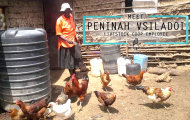Submitted by damon on Tue, 2014-07-08 16:16

- STORIES FROM MAAI MAHIU, KENYA -
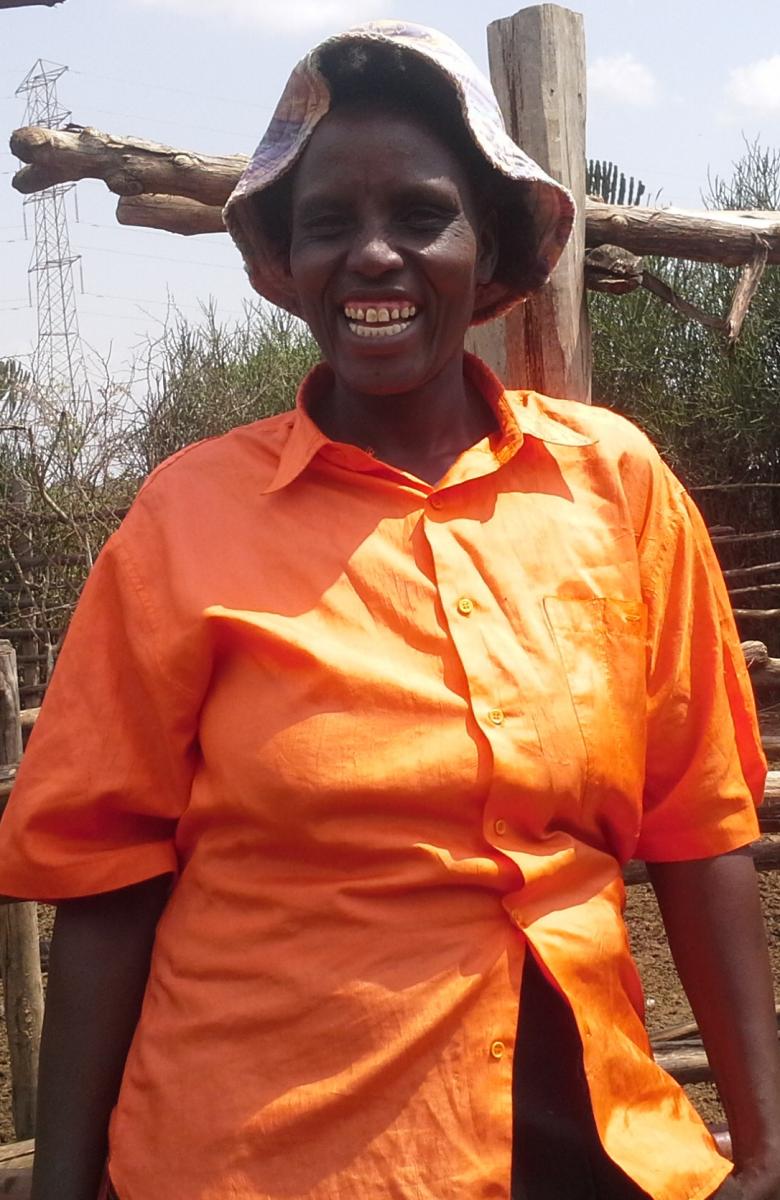
Peninah, The Face of CTC's Livestock Co-op
Peninah Wanjiru Siladoi, was one of the first farmers recruited for the Livestock Co-op Program. Born 47 years ago, in Suswa, a Maasai community close to Maai Mahiu, working with livestock has long been a part of her life. The best at her trade in Maai Mahiu, her entrepreneurial spirit is shining brightly through CTC's Livestcok Co-op Program
Officially launched in September of 2012, the Livestock Co-op is a collaboration with a leading Kenyan cheese producer, Brown’s Cheese, which aims to provide farmers with a steady market and a fair wage for the sale of goat and sheep milk. Maai Mahiu and the surrounding Maasai regions are home to many farmers looking to plug-in to the Kenyan economy in a meaningful and sustainable way. Traditionally, these farmers have been required to travel long distances to sell the milk, with little profit for their efforts. Many, like Peninah, have seized this opportunity and are creating a burgeoning marketplace for others to join.
Her journey to this place of true empowerment is amazing, but is certainly wasn't easy.
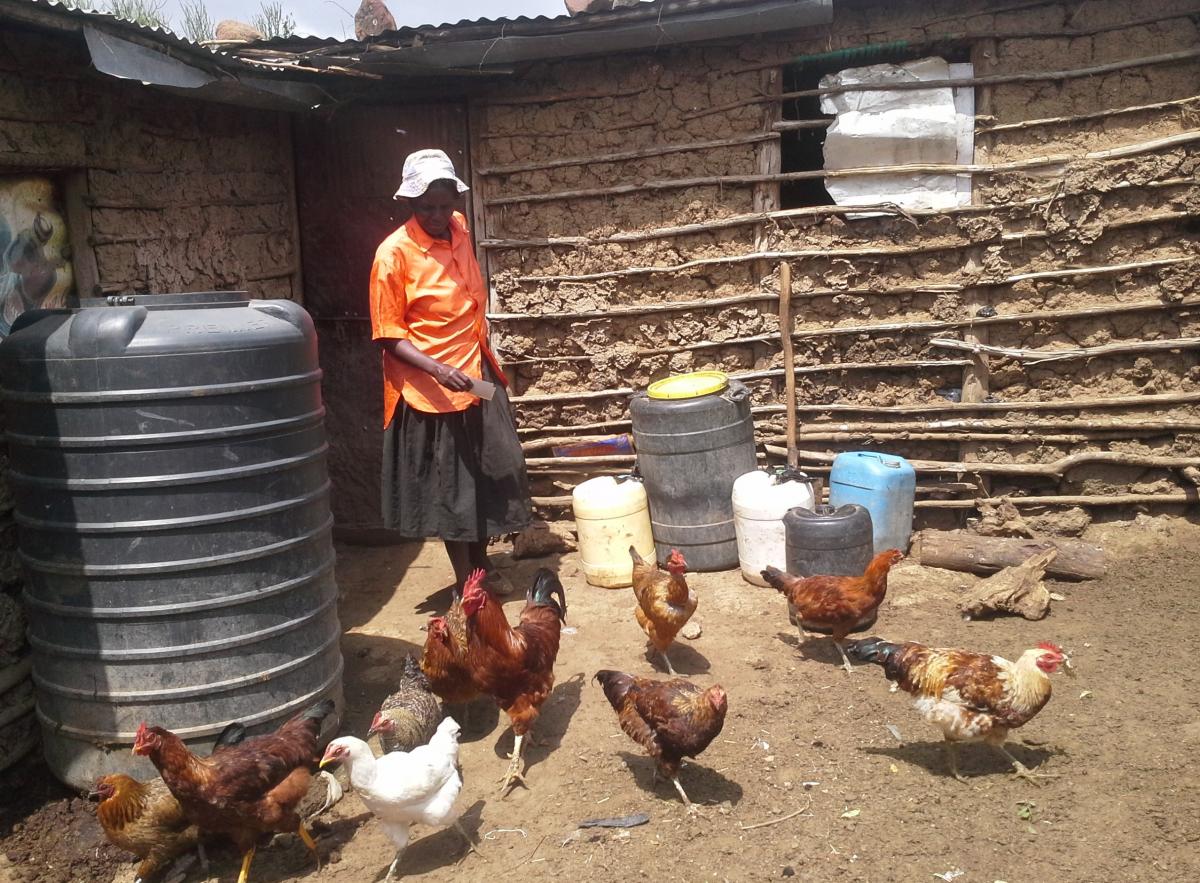
Peninah, The Maasai
In 1967, Peninah was born into a Maasai community, the daughter of both a Maasai and a Kikuyu. Peninah always had a gift with the animals she looked after and like most succesful entrepreneurs she always had "the drive". Unfortunately for her, until the last decade or so, education for young women in the Maasai community wasn't considered a priority and few females received any formal education. With Peninah's mother forced to care for her 7 children on her own after her husband left, Peninah was no different. She stayed home to help her mother and was married off as early as possible.
In the Maasai community women often carry the bulk of responsibility and care for the most important economic commodity, livestock. However, the women aren't often empowered to pursue their own entrepreneurial goals.
Peninah knew at a young age that she wouldn't fit that mold. She didn't want her or her children’s well-being to be solely dependent on her husband's success. Peninah wanted to empower herself and refused to let her lack of education get in the way. ”Life would be hard if I relied on my husband for everything, so I did what I knew I could, I opened a butchery in Suswa" she narrates. She invested her savings, hired her first employee and was primed for success.
Tribal Clashes & Displacement
As fate would have it, later that year (2005) tribal clashes broke out in Suswa between the Maasai and the Kikuyu tribes and she escaped narrowly. Having family on both sides, Peninah was especially torn by the violence. She did't want to leave her home or her business but she was not safe in Suswa. In the end, because Peninah's husband was Kikuyu she closed her business and moved to Maai Mahiu (a predominantly Kikuyu area). Her family escaped safely along with 30 of her goats.
Soon her entrepreneurial spirit took over again and she began milking her goats, selling the milk door to door. Many of her neighbors/customers were not used to using goat milk and she found it hard to sell the milk at a price she knew was fair. But she refused to let that deter her. She continued selling the milk at a reduced price, educating customers on the nutrituational benefit of healthy milk and teaching those around her how to raise goats the right way. Peninah carried on hoping one day, she would find a better, more reliable market for her craft.
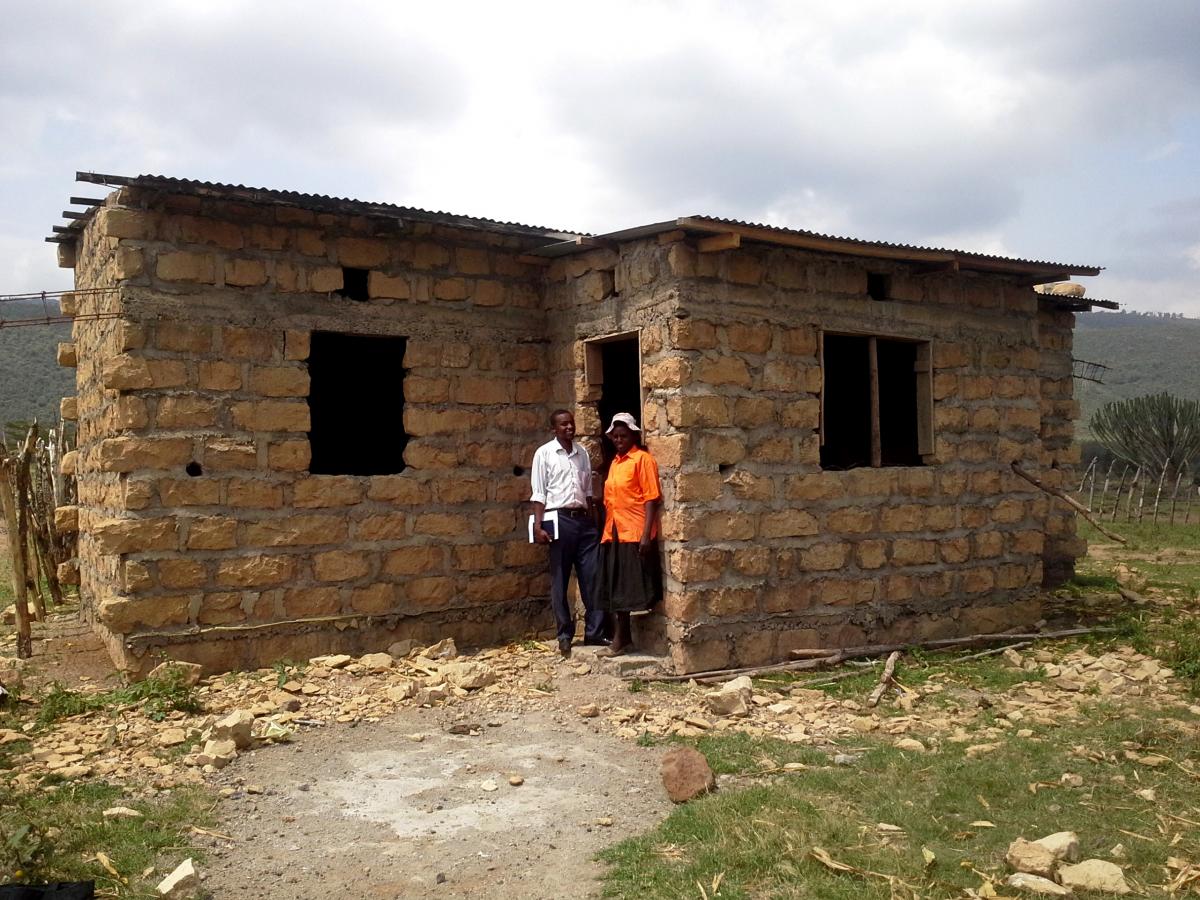
Answered Prayers
When CTC opened the first collection station for goat milk in Maai Mahiu, she knew that her prayers had finally been answered. She was the first to sign on. She delivered 3 liters/$3+ a day (the average daily income in Maai Mahiu & Suswa is $2). Gradually the quantity increased to 7 liters and by the end of 2013, she was delivering up to 17 liters of goat milk and earning $20 a day, 10X the average income! Her family was able to buy a small piece of land where they were able to construct a mud house. They had their own home for the first time since fleeing Suswa.
Peninah's husband recently retired to help her with the business. They are in the process of building a secure, stone home. "I feel empowered enough to take on this initiative myself because I have finally been able to save up money from my work with the Co-op." She bought all the materials herself and they just finished the structure for the three-room stone building, to finished by the fall!
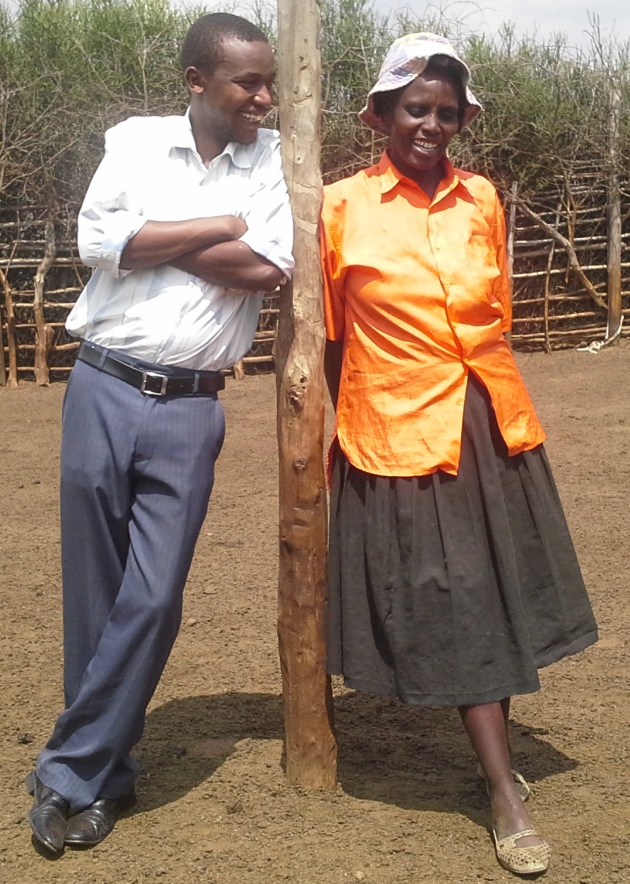
Peninah, The Trail Blazer
Peninah currently owns 175 goats, 300 sheep and 50 cows and is the bread winner of her family. Thanks to farmers like Peninah and Eliud Kamau, the head of the Livestock Co-op, goat keeping is slowly becoming a major economic activity in Maai Mahiu. Eliud often praises her value to the program and the community, "she has set the example for other farmers on how to empower themselves through the program." Farmers are often found at her home attending trainings and workshops picking up tips from the best in town.
The Livestock Co-op currently serves 40 farmers and has two stations, one in Maai Mahiu and one in Suswa. Major issues such as drought and famine can often force farmers to migrate, making it hard for them to produce steady amounts of milk. However, knowing that there is a steady market and a committment to educating all that are interested has fostered an positive environment for a growing business opportunity that is sustainable!
Peninah concludes, "God’s blessings to the CTC Community and long live the organization." Eliud and his team of farmers are creating truly positive change by facilitating a marketplace and lowering the threshhold for involvement.
Learn more about the Livestock Co-op!
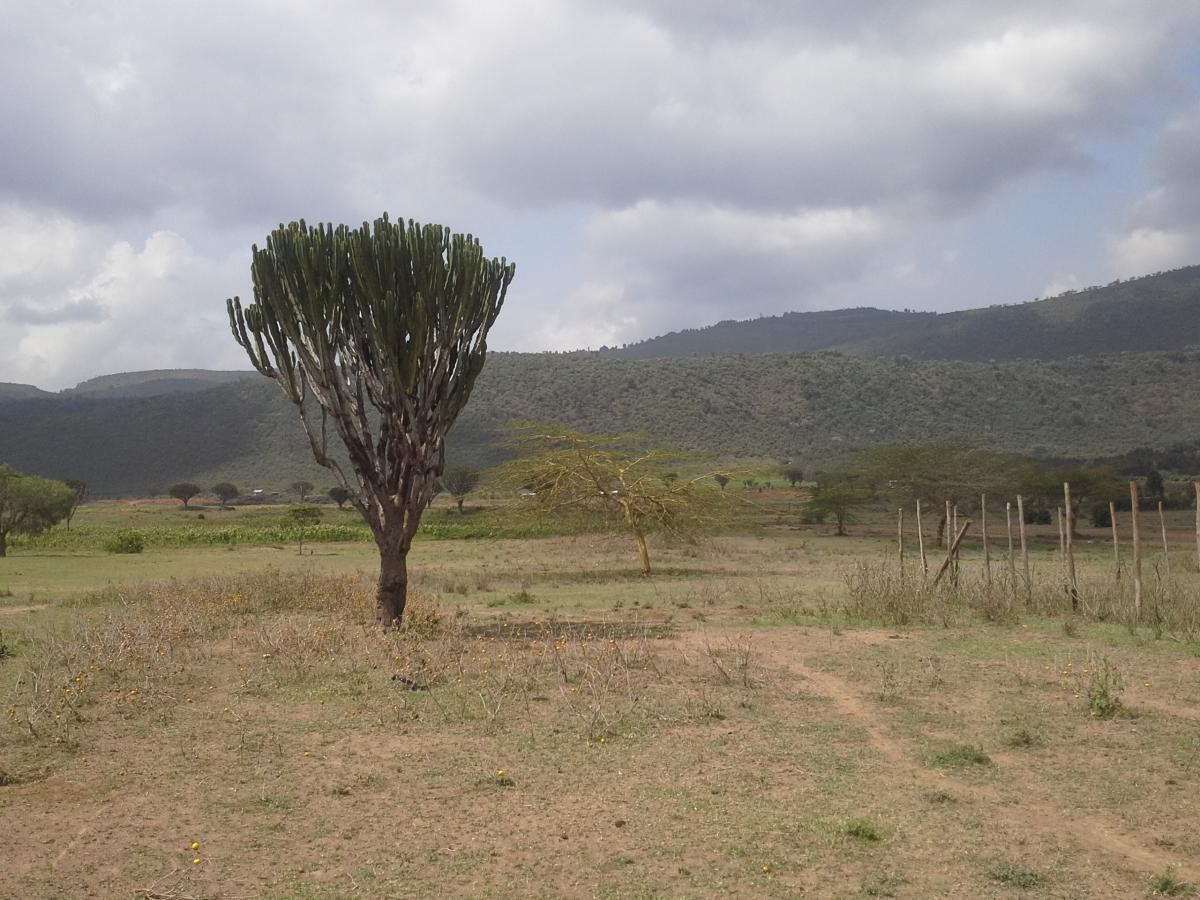
- damon's blog
- Add new comment

